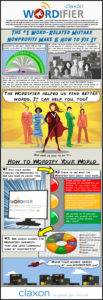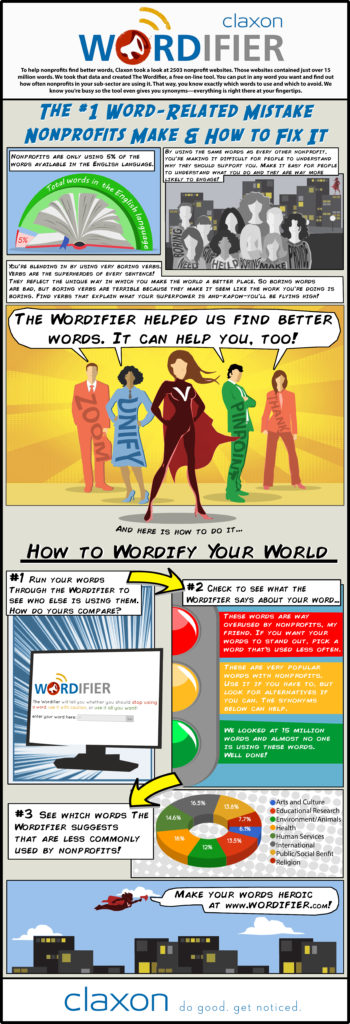
“There are two types of writers: those who make you think and those who make you dream.” ~ Brian Aldiss
This is the opening quote in Paulo Coelho’s wonderful article, “On Writing”.
I love this quote. It begs the question: which is the better type of writer?
There’s no right or wrong answer to this. It’s largely personal preference. I contend there’s too much thinking and not enough dreaming going on these days (and I’m not quite sure where all of our thinking is getting us in many cases, to be quite honest…).
So, for me, writing that makes me dream is downright dazzling. It opens up my world and my heart.
But I also value a well-written piece that makes me think, or reflect, or sets me straight on my facts and figures.
I also think it’s not an either/or. Good writers can make us think and dream. Maybe not at the same time. But in equal measure and when the time is right for one or the other.
Now, you may cringe at the thought of writing and want to declare, “I am not a writer! Let The Writers (big ‘W’) do the writing.”
It’s highly likely, however, that you churn out words every day. So whether or not you consider yourself a writer is largely irrelevant.
What is infinitely relevant is figuring out how to make your words work for you.
On this blog, you can find lots of practical tips on things like making your writing flow better and making your editing error-free. You can play with the Wordifier and find the very best words to amplify your words. All great resources and tools.
But none of them can answer the question about whether you’re writing to make people think or dream. You have to decide that for yourself. And it’s worth asking every time you sit down to write: will people respond to this because it speaks to their heads or their hearts? (Hint: It’s usually the latter, rather than the former, especially for donors. Don’t believe me? Check out this and this.)
Heads think. Hearts dream. We need both to make the world go ’round. Write accordingly.
 *A Super Quick Primer on Content Words and Function Words*
*A Super Quick Primer on Content Words and Function Words*
 Class is in session.
Class is in session.

 Just like you and your mom are really the only ones who care about your birthday, very few people care when your organization has an anniversary.
Just like you and your mom are really the only ones who care about your birthday, very few people care when your organization has an anniversary.

 If an organization doesn’t have a leader, it is leaderless.
If an organization doesn’t have a leader, it is leaderless.